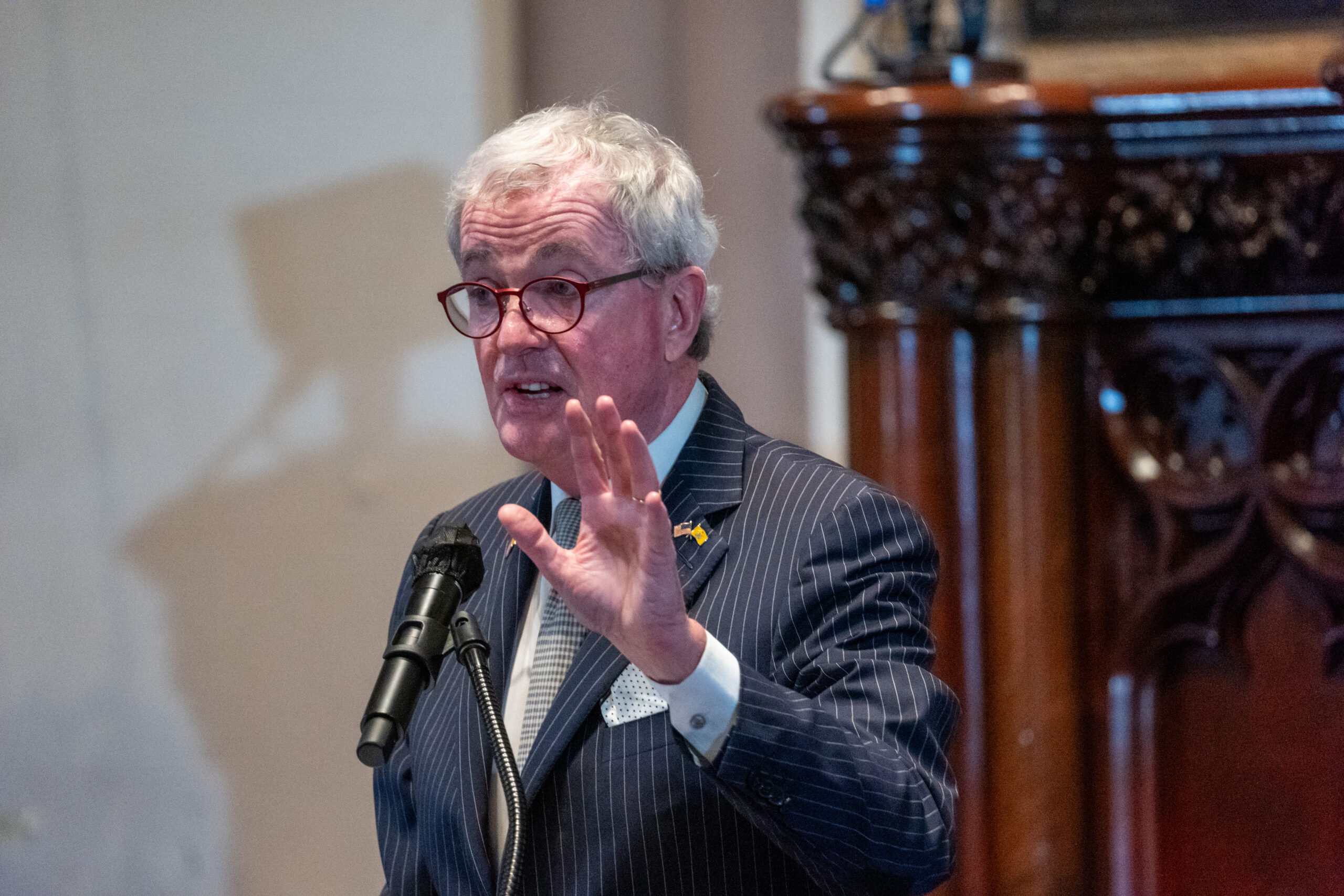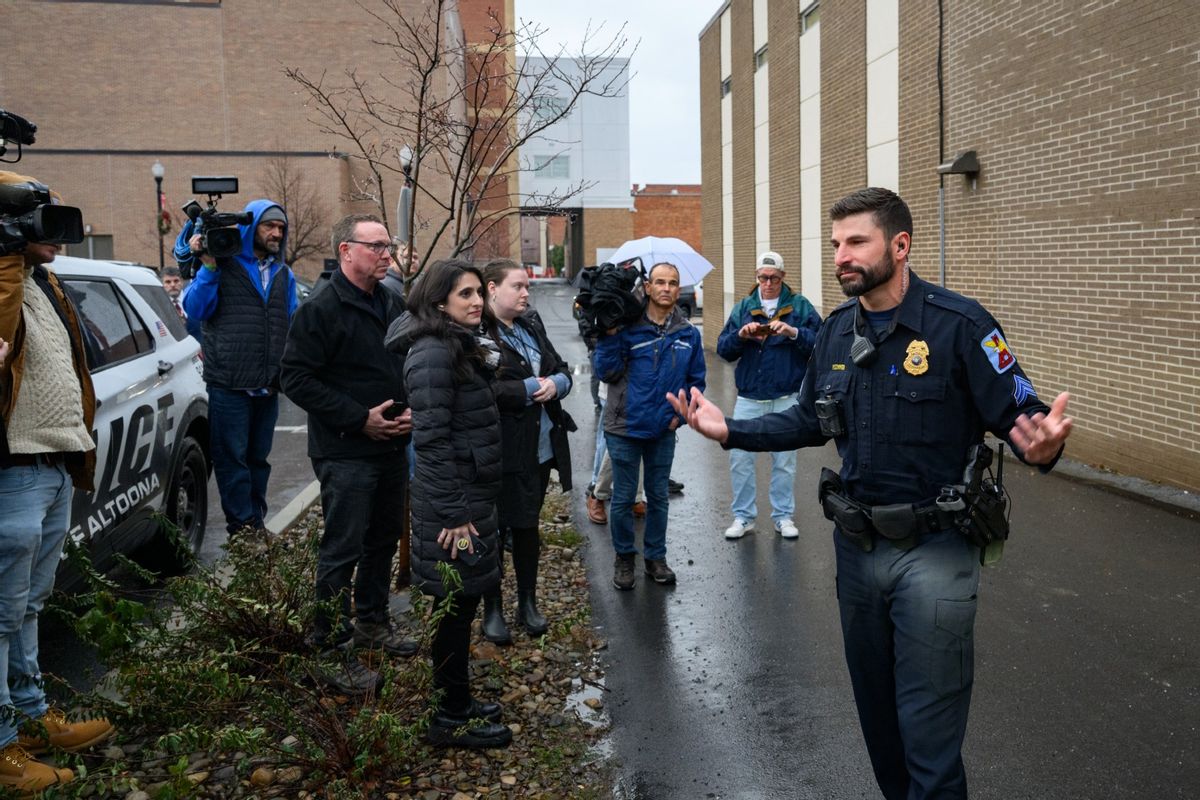Hundreds of police from all over Germany are being sent to Lützerath, a half-demolished village in the west of the country, to evict climate activists who are blocking the expansion of the Garzweiler II open pit coal mine.
The 200 climate change activists who have occupied the village have been warned they will be evicted if they do not leave by Tuesday (10 January).
But the activists, who come from all over Europe, have barricaded access roads to the village, erected wooden structures and treehouses and occupied a farmstead bordering the mine hoping to delay the eviction as long as possible.
If the lignite under Lützerath will be burned it will “set off a climate bomb with catastrophic consequences,” said Lukas Scott, spokesperson for Lützerath Unräumbar [Lützerath Unclearable]. “We will fight for every tree, for every house, for every meter in this village. Because whoever attacks Lützerath, attacks our future.”
Lützerath Unräumbar, an alliance of different climate groups, announced protests throughout this and next week, with organisers expecting several thousand participants.
These protests are not without danger. During a similar (successful) demonstration to protect neighbouring Hambach forest from the excavators in 2018, a journalist fell to his death when traversing between treehouses on a rope the protestors use to elude the police.
Expansion of the mine was temporarily halted as the regional government suspended the evictions of activists. But in October the German government —fearing a winter gas crunch — caved to RWE’s demands and announced its intention to re-activate two additional lignite power plants.
The land under Lützerath is rich in lignite—the most polluting form of coal. Garzweiler II which stretches over 35km2 produces 25m tonnes each year.
According to the operator RWE, which now owns the village, the site is to be demolished in order to meet the increased demand for coal in the coming years. And the German government now has permitted an extra 10 gigawatts worth of oil, lignite, and coal capacity to replace Russian gas and ensure energy supply until April 2024.
This will cause the country to overshoot its climate pledges. To compensate for this Robert Habeck, the Green party’s minister for economy and climate action announced to phase-out lignite in 2030, eight years earlier than previously planned.
“It’s a good day for climate protection,” Habeck said at the time, stressing that several other villages would be saved as part of the RWE deal.
Unnecessary
But energy consultation firm Aurora found the early phase-out of coal is unlikely to compensate for a higher overshoot as coal will be uneconomical after 2030 and not much used for the generation of electricity. This is reflected in Eurostat data, which shows coal consumption for electricity in Europe was down by 40 percent in June 2022 since 2017.
Consumption has since increased to replace Russian gas, but researchers doubt the expansion of the mine is necessary. Aurora found there is enough available lignite in the Garzweiler mine to meet German energy demand even without demolishing Lützerath — findings echoed by the Coal Exit Research Group which brings together scholars from multiple German universities.
But the excavating machines have already begun to eat away at the fields bordering Lütezrath, and the image of activists battling it out with heavily-armed police at the edge of the Garzweiler pit mine has alienated a vocal part of the Greens’ constituency.
“As long as fossil corporations write the rules of the energy transition, there will be none,” tweeted Luisa Neubauer a well-known German climate activist and Greens member who travelled to Lützerath to join the protests on Sunday. “We had hoped that the Greens would draw and defend the ecological lines [in the traffic light coalition]. Now they’re the ones who want to tear them down.”





















Discussion about this post